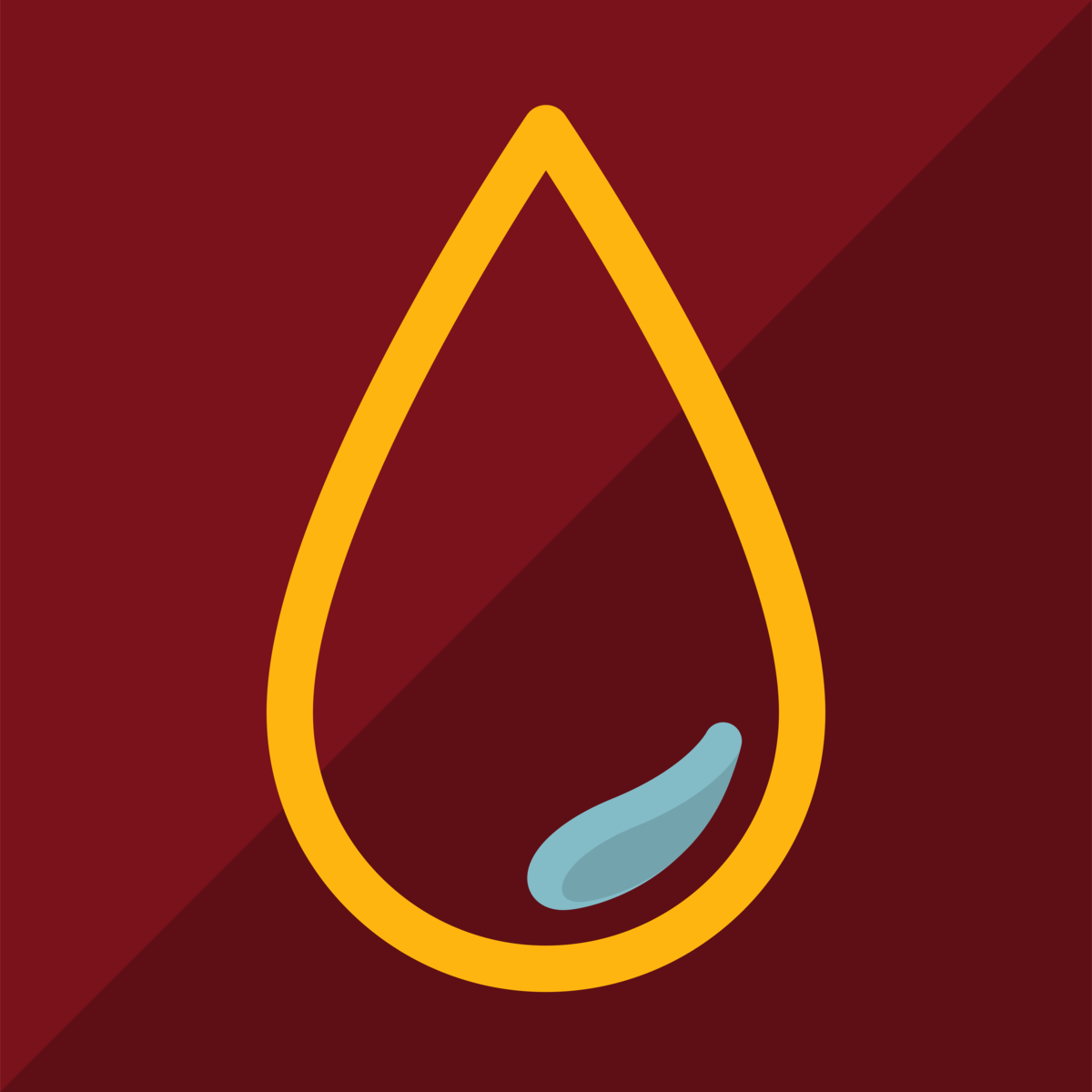
This course provides an overview of essential oil therapy and current aromatherapy practices in clinical settings and gives you the skills to bring aromatherapy into your own practice. By the end of the course, you will be able to: a) explain what essential oils are to a patient and how they work; b) assess if an essential oil might be beneficial to a patient, considering patient preference and the research evidence, as well as any safety issues or contraindications; and c) suggest a protocol for use in a clinical setting.
Continuing Education Credits
Read more
This course provides an overview of essential oil therapy and current aromatherapy practices in clinical settings and gives you the skills to bring aromatherapy into your own practice. By the end of the course, you will be able to: a) explain what essential oils are to a patient and how they work; b) assess if an essential oil might be beneficial to a patient, considering patient preference and the research evidence, as well as any safety issues or contraindications; and c) suggest a protocol for use in a clinical setting.
Continuing Education Credits
This course provides an overview of essential oil therapy and current aromatherapy practices in clinical settings and gives you the skills to bring aromatherapy into your own practice. By the end of the course, you will be able to: a) explain what essential oils are to a patient and how they work; b) assess if an essential oil might be beneficial to a patient, considering patient preference and the research evidence, as well as any safety issues or contraindications; and c) suggest a protocol for use in a clinical setting.
Continuing Education Credits
This course has been designed to meet Minnesota Board of Nursing continuing education requirements for 15 contact hours and may be eligible for CE credit from other professional boards that allow self-documenting of continuing education activities. It is your responsibility to check with your regulatory board to confirm this course meets your local requirements and, if necessary, to provide them with the certificate of completion you get if you pay for and fulfill all the requirements of this course.
What's inside
Syllabus
What is Aromatherapy and its Role in Health and Healthcare?
What Do I Need to Know About Safety and Quality?
Application and Delivery Methods
Read more
Syllabus
Good to know
Save this course
Reviews summary
Clinical aromatherapy
Activities
Review essential oil safety precautions
Show steps
Reviewing essential oil safety precautions helps ensure you have foundational knowledge required to safely incorporate aromatherapy into your practice.
Show steps
-
Read the course syllabus and materials on essential oil safety
-
Research essential oil safety guidelines from reputable sources
-
Consult with a qualified healthcare professional if you have any concerns
Review the basics of essential oil chemistry
Show steps
Understanding essential oil chemistry helps you comprehend their properties and therapeutic effects.
Show steps
-
Review your notes or textbooks on essential oil chemistry
-
Read articles or watch videos on the topic
-
Take a quiz or practice questions to test your understanding
Show all two activities
Review essential oil safety precautions
Show steps
Reviewing essential oil safety precautions helps ensure you have foundational knowledge required to safely incorporate aromatherapy into your practice.
Show steps
- Read the course syllabus and materials on essential oil safety
- Research essential oil safety guidelines from reputable sources
- Consult with a qualified healthcare professional if you have any concerns
Review the basics of essential oil chemistry
Show steps
Understanding essential oil chemistry helps you comprehend their properties and therapeutic effects.
Show steps
- Review your notes or textbooks on essential oil chemistry
- Read articles or watch videos on the topic
- Take a quiz or practice questions to test your understanding
Career center
Aromatherapist
Massage Therapist
Registered Nurse
Chiropractor
Physician Assistant
Speech-Language Pathologist
Pharmacist
Nurse Practitioner
Acupuncturist
Health Coach
Art Therapist
Wellness Consultant
Naturopathic Doctor
Occupational Therapist
Physical Therapist
Reading list
Share
Similar courses
OpenCourser helps millions of learners each year. People visit us to learn workspace skills, ace their exams, and nurture their curiosity.
Our extensive catalog contains over 50,000 courses and twice as many books. Browse by search, by topic, or even by career interests. We'll match you to the right resources quickly.
Find this site helpful? Tell a friend about us.
We're supported by our community of learners. When you purchase or subscribe to courses and programs or purchase books, we may earn a commission from our partners.
Your purchases help us maintain our catalog and keep our servers humming without ads.
Thank you for supporting OpenCourser.


